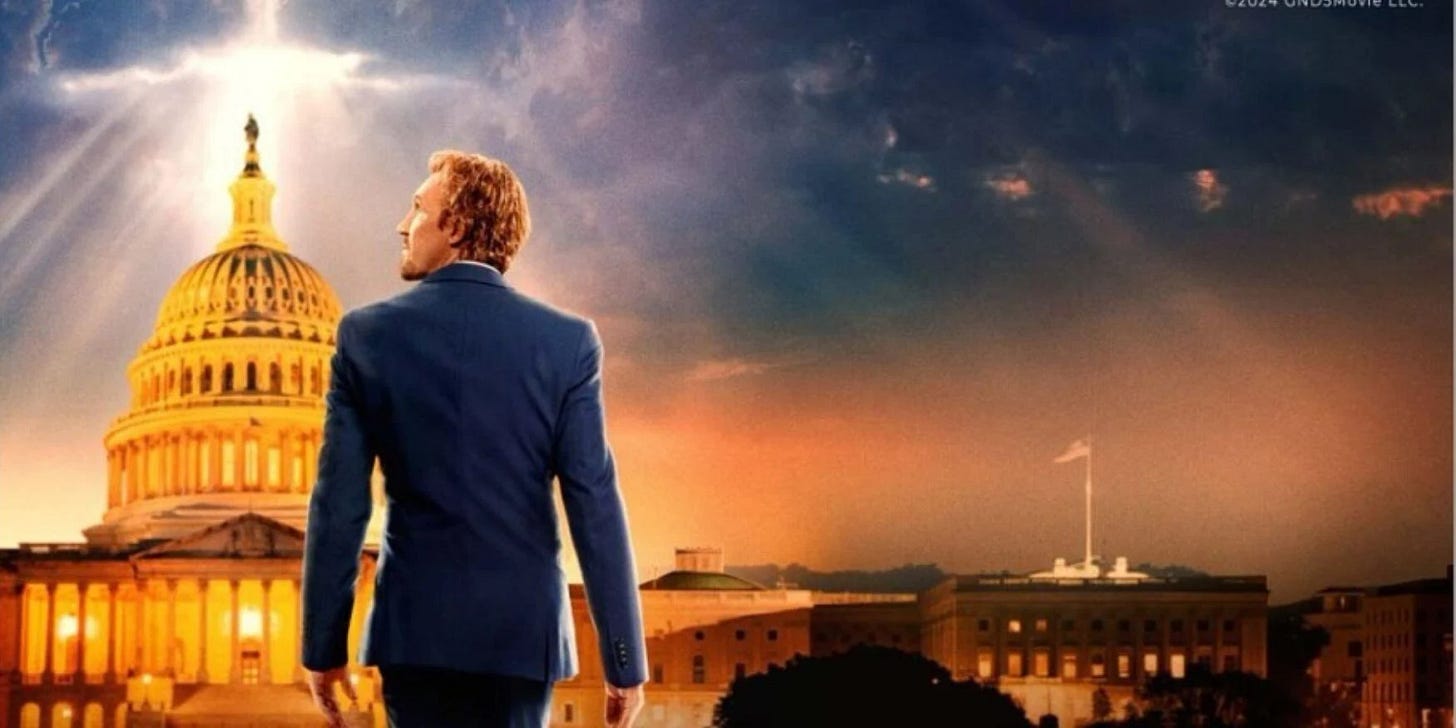
After a relatively normal start to a very, very busy Fall semester, I’m getting ready to hit the road over the next couple of weeks. It’s always hard to leave home in the middle of the school year, but I’m especially excited about these upcoming trips.
First, I’ll be in Newberg, Oregon this Thursday to visit my alma mater, George Fox University, for some class visits and a talk related to Uneasy Citizenship. The evening lecture, which is part of the university’s President’s Speaker Series, will be at 6:30pm in Canyon Commons, and is open to the public. If you’re in the greater Portland area, I hope you’ll consider stopping by.

Second, I’ll be in Chicago next Thursday for a workshop sponsored by the American Values Coalition. Specifically, I’ll be meeting with pastors and other church leaders who have been part of AVC’s J29 Coalition. From the J29 website:
The J29 Coalition is a network of theologically conservative pastors seeking to disciple the American Evangelical church in kingdom-shaped politics.
Today’s environment is a difficult one for those tasked with shepherding congregations. I’m looking forward to meeting these men and women after connecting with them virtually last month, and to learn from—and (hopefully) encourage—them, too.
Recommended Reading
The Squandering of ‘God’s Not Dead’ (Joseph Holmes, Christianity Today)
It’s not that Christian claims of marginalization are wholly wrong. It’s that marginalization hasn’t happened in the way that God’s Not Dead warned it would. The original film implied that sending kids to college would endanger their faith—though actually, the college educated are among the most likely to attend church. The US government has not stripped Christians of their rights; in fact, in recent years, the Supreme Court has repeatedly ruled in favor of religious liberty. (Though what constitutes free exercise is far from settled; see Bethany Christian Services’s recent suit against Michigan.)
Instead of facing outright persecution for being Christians, Christian marginalization is happening around particular social issues as our culture increasingly demands conformity on gender, sexuality, and abortion. Most US evangelicals aren’t suing the government or giving apologetics-laden speeches to defend the Incarnation; we aren’t being imprisoned for being caught with Bibles.
Bethany Sues Michigan for Denying State Contracts Due to Faith-Based Hiring (Kate Shellnutt, Christianity Today)
The exemption for faith-based hiring has faced challenges over the years, lately over whether Christian nonprofits can require employees to live according to conduct standards and “whether the state can discriminatorily disqualify from government benefits those religious agencies that stay religious by exercising their Title VII and First Amendment rights to hire those who share their faith,” according to Steven McFarland.
McFarland is director of the Center for Law and Religious Freedom at the Christian Legal Society, co-counsel of record for Bethany’s case. Over his career specializing in religious freedom cases, he defended Seattle Pacific University in a lawsuit over its evangelical faith statement back in 1984, only to see similar legal challenges continue to arise.
A Culture of Immediacy (Robert Thornett, Law and Liberty)
Beyond religion and politics, the face-to-face voluntary associations that Tocqueville famously identified also promote long-term thinking. These include family, schools, and local civic associations—all the myriad “little platoons” we belong to, as Burke put it. Through the long process of showing up and engaging in the meetings, the classes, the games, the dinners, the services, and the ceremonies, people establish a continuity of collective thought and a shared hierarchy of values that creates trust, communication, and structure necessary to ponder long-term aims and how to achieve them. In so doing, citizens secure their place, status, and identity in society—all the things that the tumultuousness of democracy tends to destabilize. This self-created stability frees citizens up to contemplate the long term.
The God Gap in American Politics (Ryan Burge, Graphs About Religion)
The rise of the nones begins to emerge in the data from the 1990s. About 11% of Democrats claimed no religious affiliation during this decade, while it was half that rate among Republicans (6%). For Democrats, those 'none' pickups came exclusively as a result of losses in the Protestant share - it dropped by six points between the 1980s and 1990s.
What follows is an increase in the nones among both Republicans and the Democrats, but the nones are clearly flocking to the Democrats in much larger numbers. It went from 11% in the 1990s to 16% in the 2000s to 24% in the 2010s to 34% in the 2020s. Basically a tripling in the nones during this time period. For Republicans, there are gains too: 6% to 9% to 11% to 15%. But think of it this way: the difference in the nones between the two parties was five points in the 1990s. Today, it’s nineteen points.


